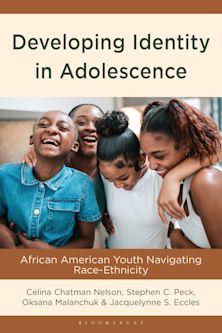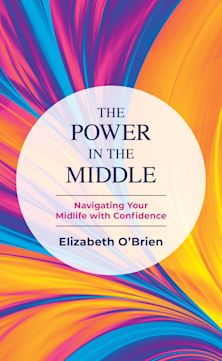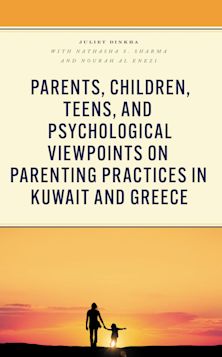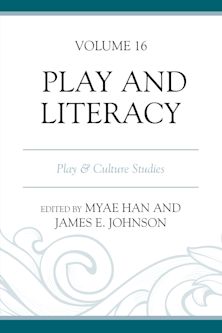- Home
- ACADEMIC
- Psychology
- Developmental Psychology
- Relationships and Well-Being Over the Life Stages
Relationships and Well-Being Over the Life Stages
Relationships and Well-Being Over the Life Stages
This product is usually dispatched within 1 week
- Delivery and returns info
-
Free CA delivery on orders $40 or over
You must sign in to add this item to your wishlist. Please sign in or create an account
Description
Recent social trends, including the increased employment of women, the dramatic growth in single-parent households, heightened attention to the aging of the population and to older families, and changing attitudes toward gender roles, guide the focus of this study that considers personal characteristics and family relationships and how they are linked with well-being over the life course. Pat Keith and Robert Schafer discuss how these trends have profoundly affected work/family relationships and how the far-reaching social, demographic, and economic implications of these changes inform some of the vital concerns of particular groups including one and two-job families, single-parent women and their married counterparts, older and younger couples, and modern and traditional spouses. Throughout, the focus is on variation in well-being--self-concept, role strain, and mental health--over the adult life course and the factors that may foster it at various life stages and in different family situations. The study offers observations on persons in different circumstances across the life course that are not often included in the same research but that have produced and will continue to produce lasting changes in the structure of American society.
Following two early chapters that set forth the study's guiding concepts, goals, and methodology, Chapters Three through Five assess work and well-being in one- and two-job families and equity in the marriage relationship and examine gender roles in the family, focusing on older families in particular. Typologies of marriages and the self-concept in an intimate relationship are investigated in the next two chapters. The final chapters study gender-role attitudes, characteristics of employment, and well-being of single and married employed mothers; food behavior and diet over the life stages; and families over the life stages. Scholars, students, and researchers in sociology of the family, sex roles, and aging, as well as demographers interested in the consequences of the marital status, will find the insights of this important new study timely and valuable to their work.
Table of Contents
Methodology
Work and Well-Being in One-and Two-Job Families
Equity in the Marriage Relationship
Gender Roles in the Family: Is the Older Family Different?
Typologies of Marriages: Differences Across the Life Stages
The Self-Concept in an Intimate Relationship
Gender-Role Attitudes, Characteristics of Employment, and Well-Being of Single and Married Employed Mothers
Food Behavior and Diet Over the Life Stages
A Concluding Glimpse of Families Over the Life Stages
References
Index
Product details
| Published | Sep 30 1991 |
|---|---|
| Format | Hardback |
| Edition | 1st |
| Extent | 192 |
| ISBN | 9780275934224 |
| Imprint | Praeger |
| Dimensions | 235 x 156 mm |
| Publisher | Bloomsbury Publishing |


































